From Talk to Transformation: Shaping the “How” of Survivor-Centred Public Safety in Vancouver
On March 11, 2025, an important event in Vancouver brought together frontline experts, government leaders, and nonprofit practitioners to explore how modern technology can meaningfully transform public safety. This wasn’t another discussion about why change is needed—it focused on how to make that change real.
Hosted by Genvis in partnership with Todaybreak, the event was part of Genvis’ Public Safety Innovation Series, which is all about turning ideas into action. This session explored practical, survivor-centred approaches to better support people affected by human trafficking and intimate partner violence.
With a mission to ensure nonprofits and the communities they serve are not left behind by ineffective or inaccessible technology, Todaybreak brought deep insight into what it takes to move from pilot to impact. Our leadership of the Safe with Milli Program—a generationally important initiative—has shown what’s possible when survivor safety, healing, and agency are placed at the heart of tech-enabled services.
Working Together to Make a Difference
The room was filled with those who walk alongside survivors every day—nonprofit leaders, youth workers, police, and frontline experts in human trafficking. Together, they brought a mix of professional expertise and lived insight. What emerged was a shared understanding: we can’t work in silos if we want to make a real difference—and to stop this, we need technology that actually works for us. Tools must enable, not complicate. They should support the way we deliver care, not force us to work around their limitations.
What Does Real Change Need?
A big question at the heart of the session was: What do we need to actually deliver survivor-focused services that work?
Kirstin Butcher, CEO of Genvis and Co-CEO of Todaybreak, shared three simple and powerful ingredients to lean into the ‘how’ of tech-enabled public safety service changes:
Right environment: Remove roadblocks and create a sense of urgency—make it clear that the status quo or doing nothing is unacceptable.
Right team: A focused and empowered team can ‘own’ and address challenges accountably. Small teams with clear missions often achieve more than vague aspirations for whole systems.
Right engagement: Change is not just about tech—it’s also about people. Involving people in the process of change—and not just the conclusion—builds understanding and support.
Real Voices, Real Experience
The panel, facilitated by Todaybreak Co-CEO, Brad Birt, included insightful speakers:
Sheila Early, a nurse and justice expert, talked about how trauma care and survivor support must go hand in hand.
Brenda Lochhead, an expert in helping trafficking victims, spoke honestly about the struggles survivors still face, and the changing profile of human trafficking in Canada.
Katrina Chen, former BC Minister and advocate, talked about the government’s role and how different groups must work together.
Kirstin Butcher added lessons from her work in tech and public safety.
It’s Not Just About Technology
Even though technology was discussed, everyone agreed: this isn’t just a tech problem—it’s a people challenge.
Some issues that came up:
Some workers are afraid to use new technology.
Many teams are stuck using old systems that don’t work well for today’s needs.
Teams often can’t share data across organizations, which slows things down and harms victims.
One younger attendee asked how to deal with leaders or systems that hold back progress. The answer is seldom a lack of tech skills, but fear of change, outdated thinking and a need to offer services on the terms that serve clients best—as they define them.
As one participant put it: “We know what to do—but people resist change.”
This Event Felt Different
Brenda Lochhead summed it up perfectly: “This feels like it will lead to something.”
Unlike many events that end with clapping and no action, this one felt real. One person asked to share Kirstin’s slide because it clearly showed how to create change, not just why.
What’s Next?
This conversation is just the beginning. A summary of the panel discussion and a short follow-up survey will be sent to attendees to explore next steps and build momentum through deeper collaboration.
Our aim? Not just more talk—but real, coordinated progress for survivor-centred safety programs in BC and beyond.
That progress is already underway through the Safe with Milli Program, a Todaybreak-led initiative that’s transforming how technology supports frontline services in Ontario and Western Australia. In partnership with Genvis and others, we’re proving that when the right people come together with focus and care, technology can do more than digitise—it can truly serve.





